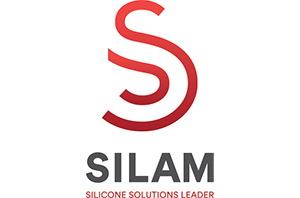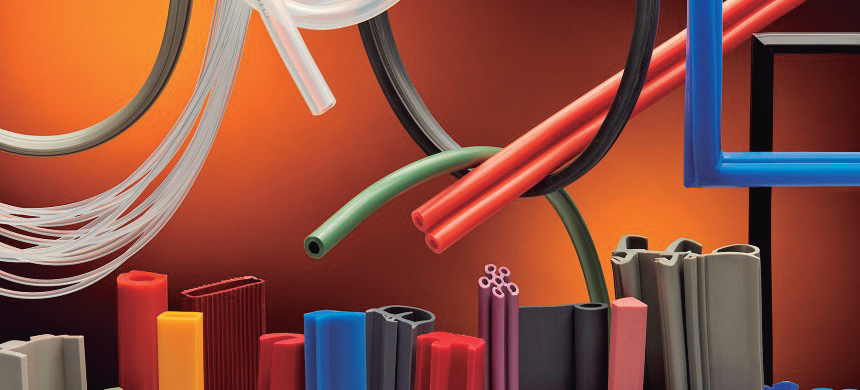ECOSIL
RE-USING VULCANISED SILICONE
SILICONE IS A THERMOSETTING MATERIAL WHICH, ONCE VULCANISED, cannot return to its previous state due to the strength of the chemical bonds it contains. On the other hand, the raw material from which silicon is produced is silicon metal, which has been included in the European Commission’s list of critical raw materials (CRM) for the EU, due to the risk of shortages. Thus, the possibility of reusing silicone waste as a secondary raw material proposed by ECOSIL fits in well with the Circular Economy Strategy of the Basque Country 2030.
SILAM, a leading company in silicone materials in the Iberian Peninsula and a benchmark in Europe, designs, manufactures and sells extrusion mixtures and components for multiple sectors, including but not limited to automotive, food and lighting. These sectors are demanding the application of the principles of circular economy.

DRIVING FACTOR


 OBJECTIVES
OBJECTIVES
- Analyse the technical and economic feasibility of reusing silicone waste as a new raw material.
- Reuse vulcanised silicone generated in SILAM’s production process, as well as that from other client companies.
- Implement a grinding process to obtain reusable silicone powder in the manufacturing process of new products.
- Reduce the cost of waste management at SILAM.
 RESULTS
RESULTS
- Comprehensive study on the state-of-the-art technology of the processes involved.
- Selection of residual raw materials and obtaining potentially recyclable material, with laboratory tests and tests in accordance with clients’ standards.
- Mass production and shipment of material to corporate clients in different sectors for industrial approval.
 CONCLUSIONS
CONCLUSIONS
- ECOSIL is the first large-scale circular economy project carried out at SILAM and as such, it has enabled this concept to be introduced into the organisation and to inform corporate clients (multinationals) of the company’s commitment to sustainability and LCA implementation.
- However, ECOSIL has shown a non-viable economically result, due to the shredding process difficulty.
ENVIRONMENTAL
TECHNICAL
ECONOMIC
COMMERCIAL
ON THE MARKET
